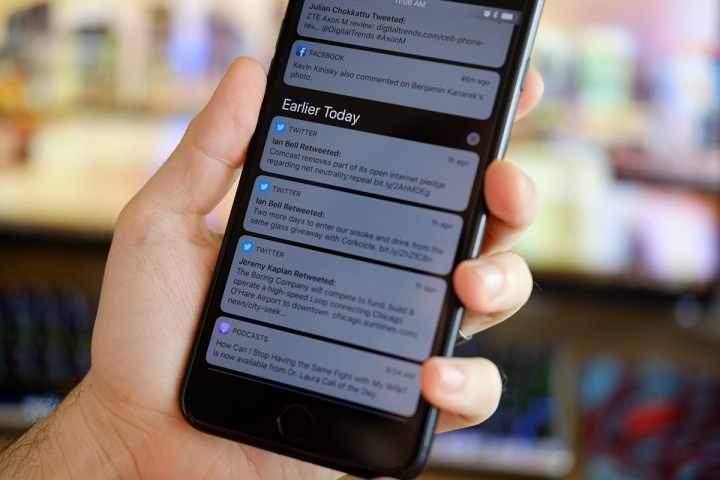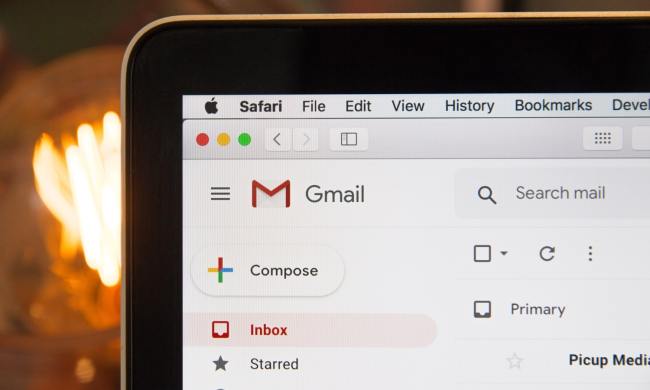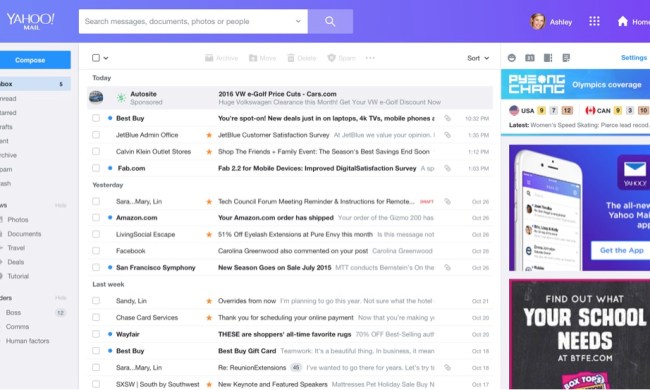Tell me if this sounds familiar: You wake up, roll over, and unlock your phone. As soon as you make it past the lock screen, you’re drowned in an avalanche of information.
The latest coronavirus figures are here and sadly, they’re not promising. You click on to view where your state’s curve is headed. While you read, a flurry of news alerts and notifications pop up from other apps. You promise yourself a minute of social media and, before you know it, you’re knee-deep in a bottomless pit of articles and updates. By the time you look at the clock again, half an hour has passed.
You’ll probably repeat this cycle at least a few times as the day grinds on.

With no sign of the virus’s end in sight and a world that seems like one big, never-ending calamity, there’s a lot to keep tabs on, and much of it seems so important that you can’t afford to skip it. This conundrum has exacerbated what was already a big problem with online life: Information overload.
As information pours onto our screens from every direction, our minds are running out of space to process it, and that can quickly take a toll on our mental health.
David Bawden, Professor of Information Science at City, University of London, says the problem has become worse lately since “an increased amount of information is coming through a variety of channels, such that it is impossible to ignore” and that it can leave people with “feelings of anxiety, fatigue, and helplessness.”
Evidently, we all need to go on an information diet, and thankfully, there are ways you can do that without missing out on anything. Here are some helpful tips.
Stop getting your news from social media
An increasing number of people today source their daily dose of news updates through social networks. But while this method is undeniably convenient, it is far from ideal.
Social media feeds are built to keep you from leaving the app, and if that means throwing every possible link or piece of news at you, that’s what they’ll do. You will, therefore, invariably end up spending more time scrolling on these services — especially when each post is accompanied by an abundance of opinions in the comment section.
“an increased amount of information is coming through a variety of channels, such that it is impossible to ignore”
Instead, we recommend sticking to a handful of trusted resources, like the official health portal for COVID-19 figures and your city’s local news outlet. It’s also imperative that you take your time to understand the news, especially action-oriented pandemic updates. That rarely happens when you’re scrolling on social apps.
Be selective about sources
Simply letting whatever information you stumble upon online be the only way you stay informed can be “a recipe for inundated with too much or too little of the kinds of information they actually feel they need,” Benjamin Toff, a senior research fellow at the Reuters Institute for the Study of Journalism and an assistant professor at the University of Oxford told Digital Trends.
There are two straightforward methods you can employ to make this transition.
One is to sign up for an RSS app such as Feedly. These apps automatically collect articles from your favorite sources so that you don’t have to manually jump from website to website.

For those worried about missing out on the links their friends are talking about on Twitter, you can try Nuzzle. Nuzzle combs through your Twitter feed and gathers links that the people you follow are actively sharing. In addition to these, you can browse the links friends of your friends are sharing and also create your own lists of profiles to track.
Set time limits for reading
Of course, these efforts will go to waste if you still furiously check them every now and then.
Laura Bright, an associate professor of media analytics at the Stan Richards School of Advertising believes a “constant exposure to news and information during a pandemic is going to keep your anxiety spiked” which can potentially be detrimental for your overall health.
In the good-ole analog days, most people consumed the news just twice a day: Once in the morning and once in the evening. The times we live in won’t allow us to strictly follow that routine. However, it is still possible to cut back with access limits. Sure, I understand screen time is the least of your worries in a pandemic but even slashing your use by half an hour can go a long way.
On both Android and iOS, you can set time limits for your apps. On your computer, you can install a browser extension like StayFocusd to limit your time on select websites.
Turn off news alerts
Out of the dozens of news alerts apps dump on your phone every day, there is barely a handful you’d like to be notified of instantly. Besides, you’d likely be informed of the urgent headlines from your friends on messaging apps.

In addition to cluttering up your phone’s notification panel, news alerts can overwhelm you and unnecessarily nudge you into taking a peek at each story. Turning them off will further allow you to stick to a balanced news routine and save you from a false sense of FOMO. Toff says you shouldn’t “feel bad” about tuning out or being selective with your sources either as most sources are often redundant and distracting.
You can easily turn off notifications on Android and iOS.
Create your own personal daily digest
What if a personalized digest of your favorite sources or even Twitter handles could land in your email inbox every morning? That way, you can catch up on all that you want to at a specific time of the day and not worry about missing out throughout the day.

That’s the idea behind Mailbrew, an online service that lets you set up a customized newsletter. It can collect items from the websites you like to read, Twitter profiles, Reddit subreddits, stocks, YouTube channels, and much more. Plus, you can tell it how many articles or tweets from a particular source you want in the email.
On top of that, Mailbrew offers a custom email address where you can forward other newsletters you’d like to subscribe to. You also have the option to build more than one personalized digest so that you can receive separate emails for different topics.
You can try Mailbrew for two weeks and after that, it will cost a monthly $6 fee.



